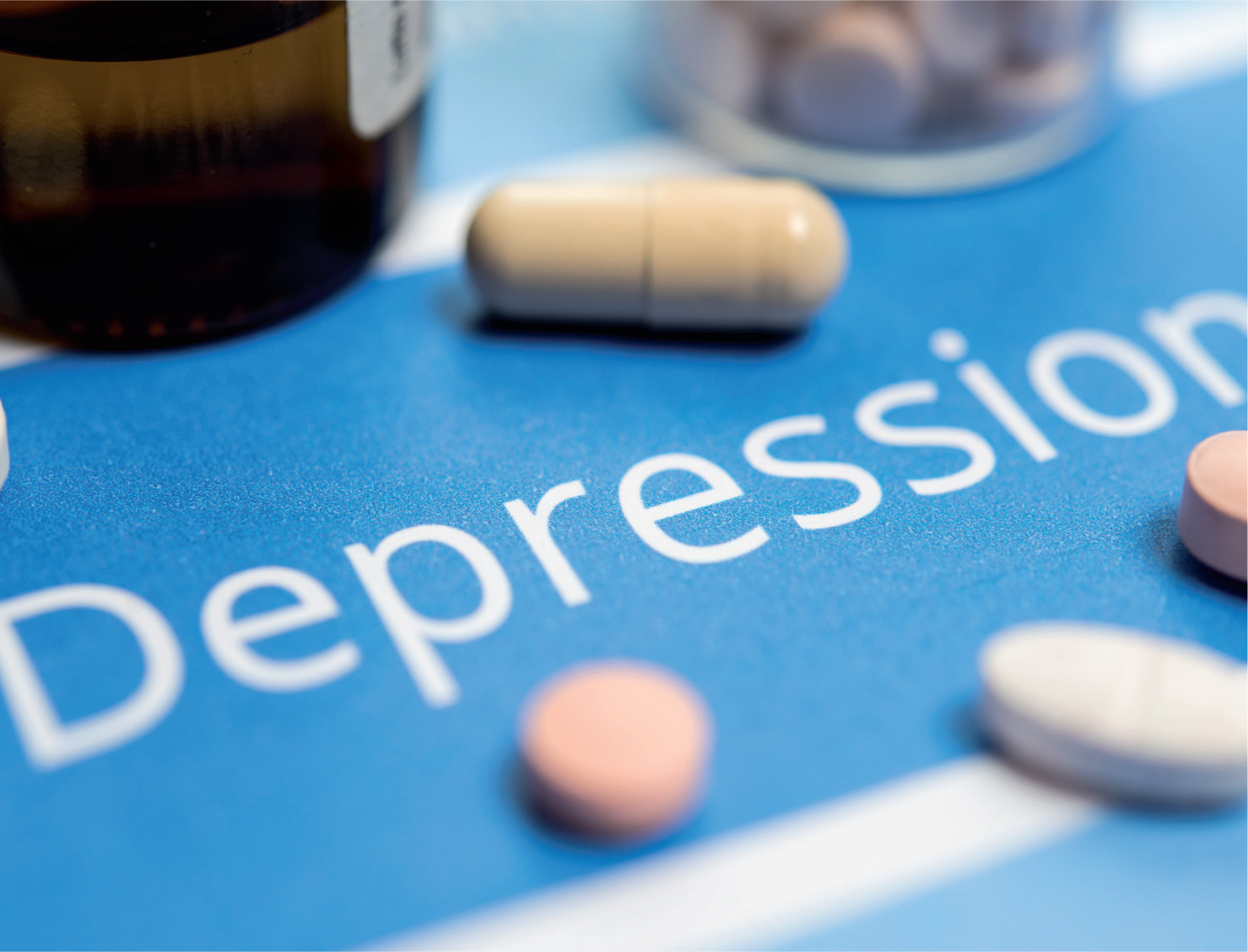In a recent review, Moncrieff et al (2022) note that the decades-long idea of depression being the result of a chemical imbalance in the brain – especially serotonin (5-hydroxytryptamine or 5-HT) – has justified the use of selective serotonin reuptake inhibitor antidepressants. It is an idea that has helped cement the view that mental health problems are largely explainable in the language of wayward brain chemistry. Indeed, one might infer that over many years the mind has become academically suspect, with the psychiatrist's couch consigned to the attic to make room for the CT scanner since it is clear that mental health problems are caused by apparently verifiable brain pathologies.
Despite this, Moncrieff et al (2022) have set a scientific cat amongst certain evidential pigeons by concluding that ‘[t]here is no convincing evidence that depression is associated with, or caused by, lower serotonin concentrations or activity.’ Some sharp responses have ensued. For example, the strapline to an article by Kendrick and Collinson (2022) not only asserts that antidepressants ‘remain an effective treatment for depression, even without the “chemical imbalance” explanation’, but the authors claim that the conclusions of Moncrieff et al (2022) ‘could encourage sudden antidepressant cessation, causing withdrawal symptoms and risking relapse.’

Yet some have long-challenged the view that psychiatry is evidence-based, claiming that the ‘chemical imbalance’ approach is untenable. For instance, when Levine and Fink (2006) presented their case against evidence-based principles in psychiatry they suggested that psychiatric diagnoses are emphatically not based on experimental evidence but consensus, further stating that ‘[t]he diagnostic system, the manner in which data are gathered, and financial factors combine to produce a system that is misleading and indeed, dangerous.’ In an even more hard-hitting piece, Baughman (2008) observes that far from psychiatry being a legitimate branch of medicine it is history's greatest healthcare fraud, and that ‘[e]very time a medically normal person is treated with a psychotropic chemical balancer – a pill – their first and only abnormality is the iatrogenic intoxication: poisoning.’
A misleading and dangerous system? The greatest healthcare fraud in history? Since nobody is immune to mental illness, the issue of confidence in psychiatry is bound to be raised, and one might ask why some psychiatrists appear to be in such thrall to the scientific method that they will only countenance an evidence-based approach to mental health problems. Does the publication of papers crammed with technical jargon and pie charts command more respect than those that include inspired opinions and conclusions based not only on a scientific approach, but also on wide experience, wider reading and careful observation?
Is there room in psychiatry for independent, non-evidence-based thinking and practice outside the boundaries defined by adherence to a drug-based paradigm of care? Some might even argue that this drug-based approach has contributed to the rise of mental illness in the first place. Although, paradoxically, Kendrick and Collinson (2022) appear to drift towards a non-evidence-based thinking approach by inviting the inference that taking antidepressants could ‘remain an effective treatment for depression, even without the “chemical imbalance” explanation.’
As for the future, might alternative attitudes towards the treatment of mental illness be on the horizon? Danan et al (2022), noting that globally at least 280 million people are affected by depression, observe that ‘[a]cross Europe, approximately 19% of those with depression are considered “treatment-resistant”.’ Citing an evidence base supporting the therapeutic benefit of ketogenic diets (KDs) in epilepsy and other neurological conditions, Danan et al (2022), suggesting this metabolic approach may benefit psychiatric conditions, investigated 31 adults with major depressive disorder, bipolar disorder and schizoaffective disorder. The patients were admitted to a psychiatric hospital and began a KD restricted to a maximum of 20 grams of carbohydrate per day in addition to conventional inpatient care. The intervention ranged from 6 to 248 days, and the KD was safe, easily administered and well tolerated by most patients. Significantly, the KD was ‘associated with substantial and statistically significant improvements in symptoms of depression and psychosis not observed during previous hospitalizations’ (Danan et al, 2022).
Despite its modest size, studies like Danan et al (2022) might point the way to a role for nutritional interventions, where dietary imbalances might be more easily addressed than brain chemical ones.


